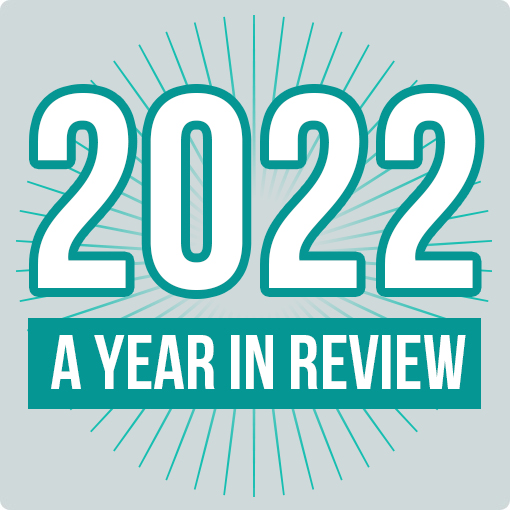If you’re of a paranoid disposition, a recent AdWords announcement won’t be helping matters. In April, Google let advertisers know that if they didn’t optimise their ad groups themselves, Google would do it for them.
Ad suggestions are ads created by Google on your behalf. And, unless you tell Google otherwise, Google will include those ads into your ad rotation.
But don’t get too freaked out.
First, ad suggestions are variations of your current text ads, not entirely new ads. So Google’s not about to make up some weird ad copy on your behalf.
Second, ad suggestions come with distinct benefits, especially for people who are either too busy or can’t be bothered to pay too much attention to their AdWords account.
The first benefit is a lift in clicks and conversions. Google’s research has shown that ad groups with three or more “high quality” ads can get 5% to 15% more clicks or conversions as long as ad rotation has been optimised. If you don’t give your AdWords account a lot of love and attention, allowing Google to contribute could be a good idea.
Don’t let your ego get in the way
Ad suggestions don’t come from humans – they’re a function of Google’s machine learning technology. So yes, you will be allowing a machine to tell you how to talk to your customers.
Essentially, Google will crawl your current content, such as landing pages and current ads. Thanks to having access to more paid search advertising data than anyone else on the planet, they have a deep understanding of the key metrics behind what gets clicks and what doesn’t, including ad copy, calls to action and trigger words.
Increasing your click through rate obviously benefits Google, as it increases their revenue. But it benefits you too.
What to do next
If you’re happy to pass the reins to Google, you don’t need to do anything. As long as your campaign’s ad rotation settings are set to “Optimize”, ad suggestions may appear and could, in all likelihood, bring more qualified traffic to your door.
Our advice, however, is to stay as involved as you can in your ad copy. While it may not do you any harm to allow Google to tweak your ads, and may even do some good, nothing beats a personal commitment to performing well.
If you prefer to keep total control, go to your account’s settings page, expand the “ad suggestions” component and select “Don’t automatically apply ad suggestions”, then hit save.
As always, if you have any questions about this development or would like expert support in this area, give us a call or fire an email through. We’re here to help.



